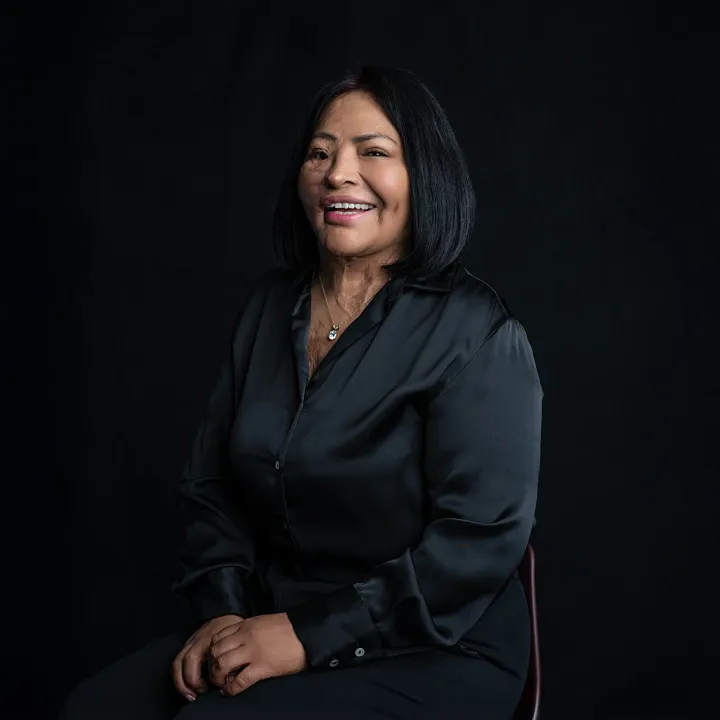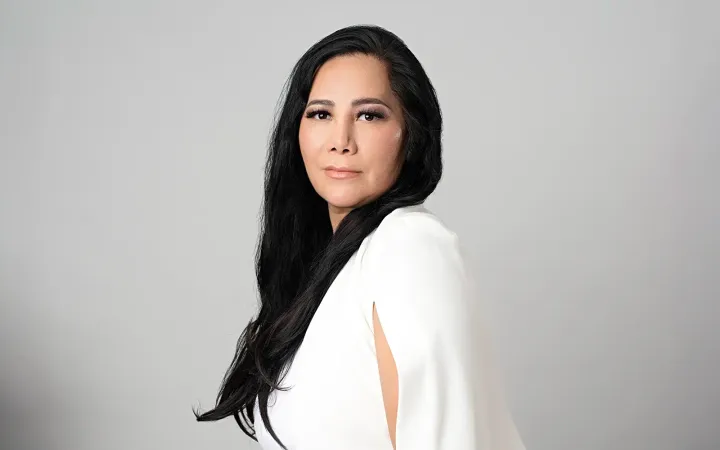Por Carmen Sánchez
Como activista por los derechos humanos de las mujeres considero de gran importancia visibilizar y normalizar los derechos humanos de las mujeres durante todo el año debe trascender las campañas del 25N, 8M y los 16 Días de Activismo contra la Violencia de Género. Estas jornadas, aunque son fundamentales para generar conciencia y promover acciones concretas, no son suficientes para abordar la magnitud de las problemáticas que enfrentamos las mujeres en diversos contextos. Como sobreviviente de violencia machista e institucional, afirmo que garantizar y exigir los derechos humanos de las mujeres es un compromiso que debe sostenerse constantemente.
Primero, es importante entender que la información y la educación son herramientas poderosas para cambiar realidades. En comunidades alejadas de las grandes capitales, como la CDMX, muchas mujeres desconocen sobre cuáles son sus derechos fundamentales. Esta necesidad de información las coloca en una situación de mayor vulnerabilidad, ya que no pueden exigir aquello que no saben que les pertenece. Por ello, es esencial buscar espacios de aprendizaje, diálogo y reflexión en regiones rurales o marginalizadas, donde las mujeres puedan apropiarse de sus derechos y fortalecer su autonomía. La visibilización constante también implica desobedecer costumbres que normalizan la violencia contra las mujeres y perpetúan la desigualdad. Hablar de derechos humanos no debe limitarse a fechas conmemorativas, sino convertirse en una práctica diaria que englobe ámbitos educativos, laborales, familiares y comunitarios. Esto incluye abordar temas como el derecho a una vida libre de violencia, el acceso a la justicia, la igualdad de oportunidades y el respeto por la dignidad de cada mujer.
Desde mi experiencia personal, he constatado que las instituciones también juegan un papel clave en perpetuar o combatir las injusticias. La violencia institucional, manifestada a través de la indiferencia, el revictimización y la falta de acceso a mecanismos efectivos de protección, sigue siendo una traba significativa para muchas mujeres. Este obstáculo puede cambiar promoviendo una cultura de derechos humanos dentro de las instituciones y capacitando a su personal con perspectiva de género.
Finalmente, es necesario recalcar que los derechos humanos de las mujeres no son negociables; son exigibles. Normalizar e informar sobre los derechos humanos de las mujeres es un acto de justicia social que debe trascender las iniciativas temporales. Requiere un compromiso sostenido que ayude a las mujeres, especialmente a aquellas que viven en condiciones de mayor desventaja, para que puedan exigir y ejercer sus derechos con plena libertad y dignidad. El cambio empieza al reconocer que estos derechos son la base para construir sociedades más equitativas y justas para todas y todos.

Las opiniones expresadas son responsabilidad de sus autoras y son absolutamente independientes a la postura y línea editorial de Opinión 51.






Comments ()